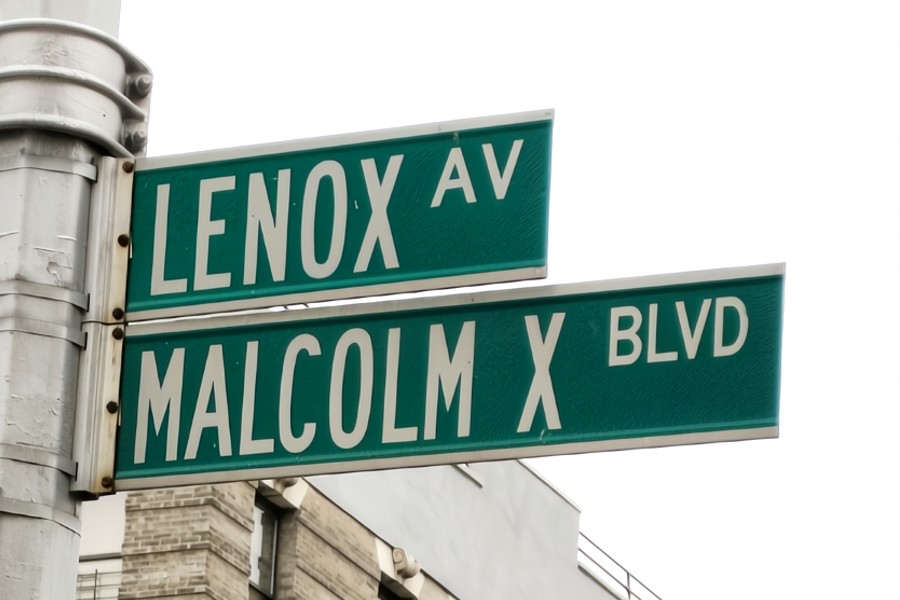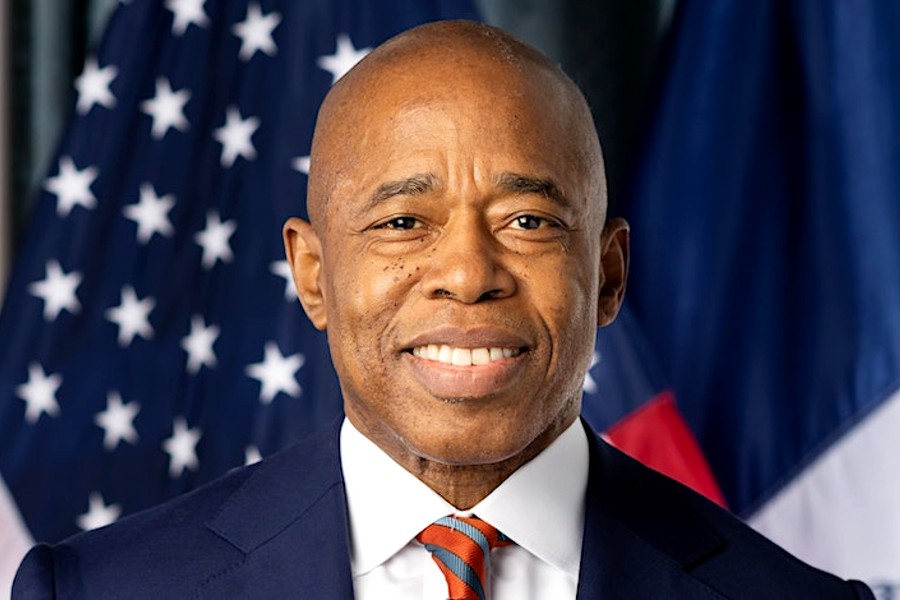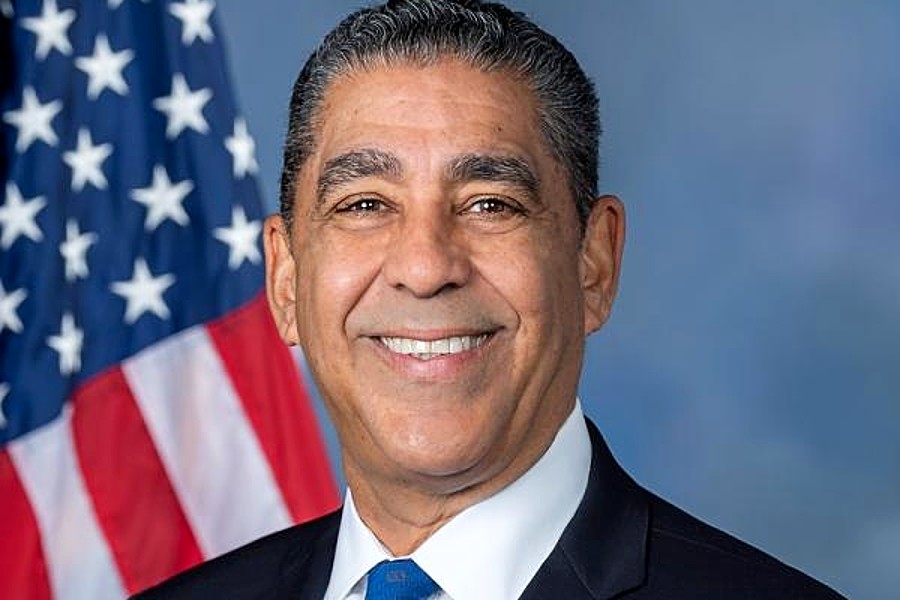 More than two centuries ago, American penal reformers founded the nation’s first prison. Conceived according to Quaker concepts of rehabilitation and penitence, the Walnut Street Jail (later renamed Walnut Street Prison) in Philadelphia, was no soft landing. Inmates were confined to solitary cells, where they were expected to reflect on their sins.
More than two centuries ago, American penal reformers founded the nation’s first prison. Conceived according to Quaker concepts of rehabilitation and penitence, the Walnut Street Jail (later renamed Walnut Street Prison) in Philadelphia, was no soft landing. Inmates were confined to solitary cells, where they were expected to reflect on their sins.
Nevertheless, the project attracted praise from many observers, including Europeans. Charles Dickens, who knew a bit about prisons, called the system “kind and humane.”
The number of men and women behind bars declined slightly at the height of the pandemic, from over two million to 1.8 million. But the U.S. still leads the world in the number of incarcerated people per 100,000 residents.
What would he think today? The United States was the world’s top jailer in 2021. The number of men and women behind bars declined slightly at the height of the pandemic, from over two million to 1.8 million. But the U.S. still leads the world in the number of incarcerated people per 100,000 residents. Numbers are only a part of the story.
Most of America’s incarcerated live in conditions varying from the just passable to the intolerable. For these individuals, housed in aging facilities, under the care of overworked and often hostile corrections staff, the rehabilitation envisaged by the dreamers of Walnut Street is (mostly) a distant dream.
Unease over the “American Way of Punishment” isn’t new. Fifty years ago, the uprising at Attica prison in New York focused attention on the abysmal state of American prisons―and led to some incremental reforms. But something may have changed. Driven by activists, scholars, corrections leaders and former inmates, a broader debate is emerging that reprises the fundamental question confronting the reformers in Philadelphia two centuries ago. What is a prison for? A seminal essay published last spring by two of the country’s leading criminologists—Jeremy Travis and Bruce Western—gave the question more clarity. Arguing it was past time to end the “era of punitive excess,” they asked “How can society respond to harm while minimizing the imposition of punishment?”
On November 3 and November 4, 2021, the Center on Media, Crime and Justice (CMCJ) will host a webinar series aimed at addressing both questions.
With the support of Arnold Ventures, the webinar has invited some of the country’s leading thinkers about incarceration as well as innovative practitioners in corrections and the law to help journalists understand (and cover) the scope of the debate. (The forum is also open to limited public attendance.)
Featured speakers include former Harvard Law School Dean Martha Minow, author of Between Vengeance and Forgiveness; Philadelphia District Attorney Larry Krasner, former U.S. District Court Judge Nancy Gertner; Jeremy Travis, Vice President of Criminal Justice at Arnold Ventures; Baz Dreisinger, founder of the Incarceration Nations Network; and New York City Correction Commissioner Vincent Schiraldi.
A program agenda is available here.
The CMCJ is offering small cash fellowships to participate in the webinar sessions and the year-long program to selected journalists. To apply, send a bio and brief explanation of how this webinar will enhance your work to journalism coordinator Maurice Possley at mauricepossley@gmail.com
Members of the public who are interested in attending can contact CMCJ Director Stephen Handelman at stephenhandelman20@gmail.com
About John Jay College of Criminal Justice: An international leader in educating for justice, John Jay College of Criminal Justice of The City University of New York offers a rich liberal arts and professional studies curriculum to upwards of 15,000 undergraduate and graduate students from more than 135 nations.
In teaching, scholarship and research, the College approaches justice as an applied art and science in service to society and as an ongoing conversation about fundamental human desires for fairness, equality and the rule of law. For more information, visit
The Center on Media, Crime, and Justice, established at John Jay College in 2006, is the nation’s only practice- and research-oriented think tank devoted to encouraging and developing high-quality reporting on criminal justice. Publisher of The Crime Report, it promotes better-informed public debate on the complex 21st-century challenges of law enforcement, public security, and justice in a globalized urban society.
Become a Harlem Insider!
By submitting this form, you are consenting to receive marketing emails from: Harlem World Magazine, 2521 1/2 west 42nd street, Los Angeles, CA, 90008, https://www.harlemworldmagazine.com. You can revoke your consent to receive emails at any time by using the SafeUnsubscribe® link, found at the bottom of every email. Emails are serviced by Constant Contact








